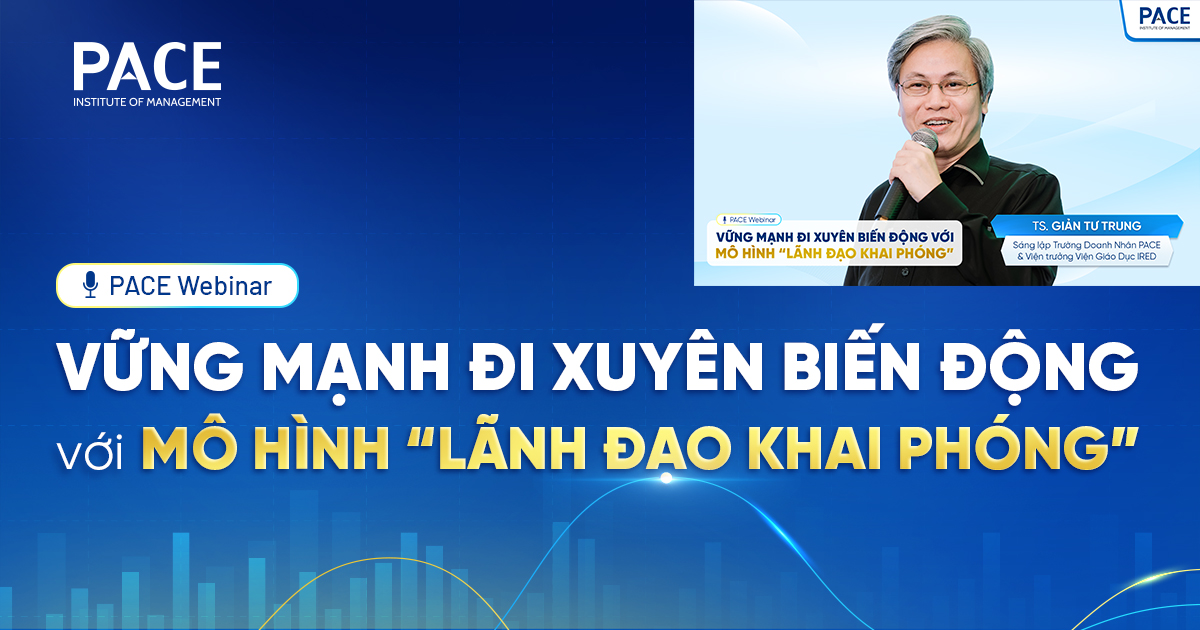VietNamNet Bridge - The father of the competitive strategy Michael Porter has brought to Vietnam an old but useful lesson: Vietnamese businesses should not fall into the trap commonly seen in competition. They should not try to develop by imitating others and run after growth instead of profit.
>>> If Vietnam copies China's model, it will not succeed
 Nearly 800 people attended the meeting with Professor Michael Porter and listened to his lecture about competition and business strategy on November 29. Two thirds of them were businessmen who came from 21 provinces and cities in the north, while the others were diplomats, managers, policy makers and leading Vietnamese economists.
Nearly 800 people attended the meeting with Professor Michael Porter and listened to his lecture about competition and business strategy on November 29. Two thirds of them were businessmen who came from 21 provinces and cities in the north, while the others were diplomats, managers, policy makers and leading Vietnamese economists.
Before analyzing the core of the concept of competitive strategy, Professor Michael Porter pointed out the mistakes Vietnamese enterprises regularly make. The biggest blunder, according to him, is directly confronting rivals by imitating their strategies. In this case, the profit of one company would mean the loss of another company. Therefore, this type of competition will erode the profitability of companies. One of the two rivals will be forced to go bankrupt or become the victim of the merger and acquisition.
"The worst blunder is to compete with similar products," Professor Michael Porter said, adding that this is the trap that the enterprises operating in the same business fields always fall into.
The second mistake is that businesses always try to obtain high growth rate which is an easy goal, while they forget about earning profit.
A lot of businesses in Vietnam have fallen into the trap. They get excited about high growth rates, but this does not create profit. They can obtain high growth rates, but in long term, they will not be able to succeed, because they cannot create competitive value.
"The top priority should be the profitability, while the growth rate should be the second priority,"he said.
Addressing the issue, Pham Chi Lan, a well known economist in Vietnam, said it is true that many Vietnamese enterprises are not consistent with their business strategies. They will give up their long term strategies to run after short term profit, when they think that other business fields can bring better profit. In general, Vietnamese businesses do not have long term vision, and only think about 5-7 year development strategies.
"Right after initial success, many businessmen throw money through the window: they spend billions dong to buy super cars. They think very highly of themselves,"Lan noted.
In Vietnam, the considerable progress in competition capability can be seen only in export companies, while enterprises which hold the monopoly in their business fields are stagnating.
"State owned enterprises need to compete by improving technologies and products instead of taking full advantages of preferential treatment, such as the land access," said Dr .Le Dang Doanh, a well known economist, on the sideline of the meeting.
The message that Professor Michael Porter tried to convey to Vietnamese businesses is that the businesses need to create differentiation and originality in competitive strategy.
Nespressco coffee company, for example, only sells high-class coffee via 200 its distribution points in big cities (not via small agents) with specific coffee preparing machines. The strategy has helped the company gain best results. Another example is the US Southwest Airlines which has stable profit because the air carrier has been consistent with its competitive strategy set in 1975, a perfect comprehensive strategy which cannot be imitated by others.
In Vietnam, many economic groups and big corporations, lured by the high profit from the real estate market and stock market, have spent money on too many business fields. As the result, they "forget"about their key business and they fail to obtain a competitive edge and make their growth sustainable.
"The creativeness in competitive strategies, not the imitation, is a very important lesson, not only for Vietnamese enterprises, but also for the country's leaders"; said Dr. Tran Dinh Thien, Head of the Vietnam Economics Institute.
Ngoc Ha
Source: VietnamNet






